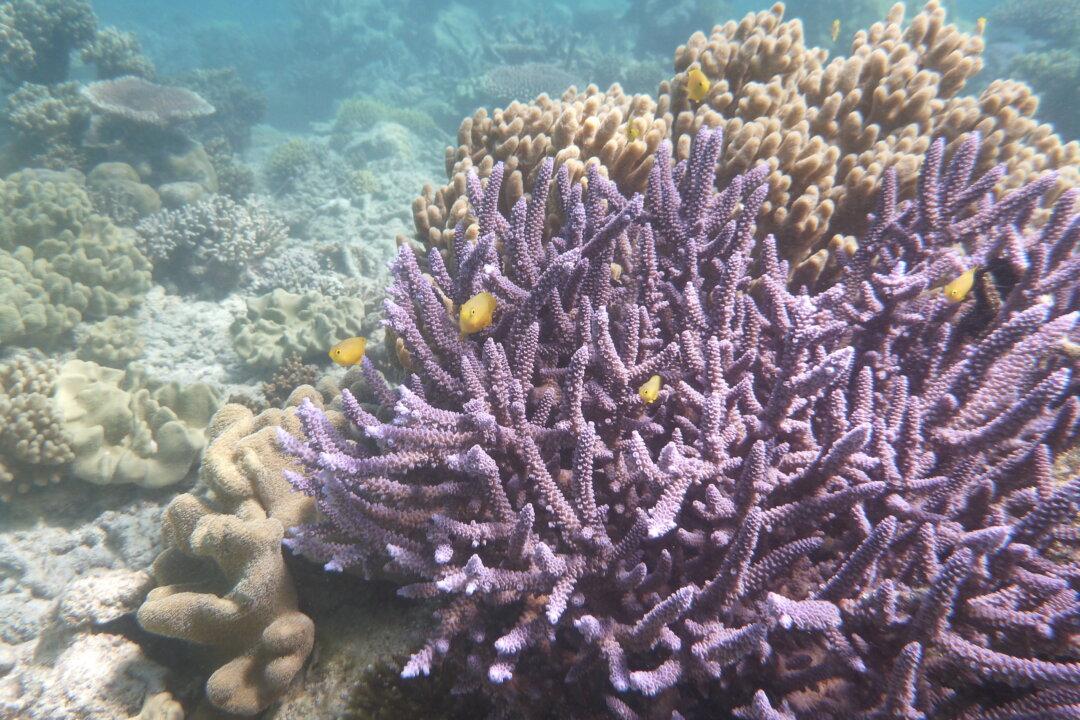Australia’s plan to protect the Great Barrier Reef won’t cut it in the era of climate change and another approach is urgently needed, an expert panel says.
Independent scientists who advise the federal and Queensland governments on the existing Reef 2050 Plan say a radical shift is needed to help the World Heritage site.





